Neverwhens, Where History and Fantasy Collide: Of Lambs and Lizardmen
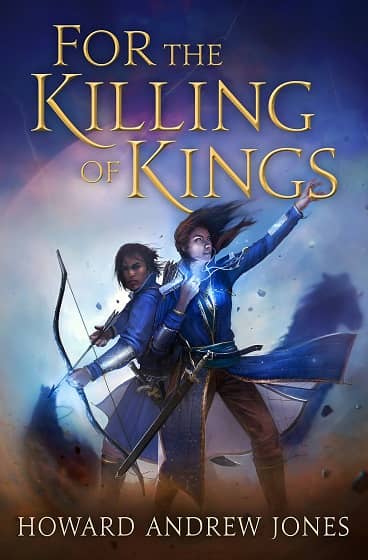 |
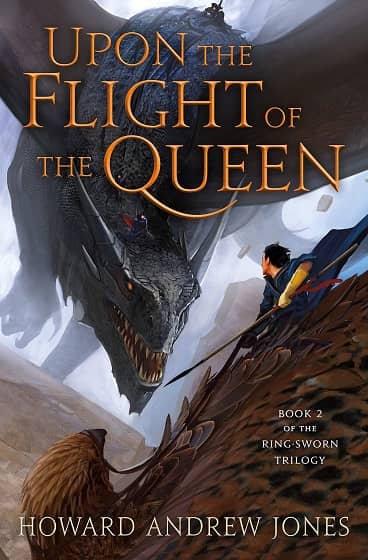 |
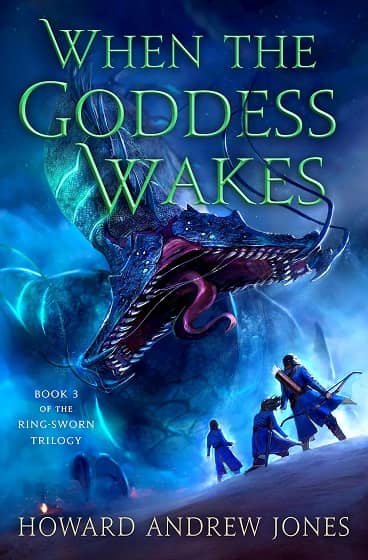 |
The Ring-Sworn Trilogy by Howard Andrew Jones: For the Killing of Kings (Feb 2019), Upon the Flight of the Queen
(November 2019) and the forthcoming When the Goddess Wakes (April 2021)
A bit of prologue and some full disclosure to the Gentle Reader
The purpose of this column has been looking at the challenges of historicity vs. fantasy in the process of world-building; well at least when the fantasy in question is trying to be either realistic or set in our world or a near-neighbor. From contrasting the visual departure of Jackson’s LotR films as a more effective means of showing the vast sweep of Middle Earth’s history, to critiquing the swordplay of the Witcher TV show, to interviewing authors who play in both the worlds of Historical Fiction and Fantasy, I’ve come to realize we have a pretty clear continuum:
- Historical Fiction – just what it says. Whether it’s set in the Paleolithic or WWII, it’s a story set in our own past, with the ostensible goal of painting a portrait of that time and place.
- Historical Fiction with Elements of “Magical Realism” – really more of a technique of “literature” but the story is more or less as above but there may be hints or some unexplained and unexplainable element.
- Historical Fantasy – this is a specialty for folks like last month’s interviewee Scott Oden. Our historical past, only elements of magic, monsters, etc., exist, something like a “secret history.” A lot of traditional sword & sorcery exists here, but so does the fantastical work of writers like Judith Tarr or G. Willow Wilson.
- Low Fantasy in a Secondary World – the world I NOT ours, and may not even be based on any clear cognate of our civilizations, but it’s “realistic” in the sense that it’s technology and structure follows our historical models. Magic and monsters exist, but farming gets done with an iron plow and three-field rotation, people ride horses and camels (or something like them), etc. A lot, if not most, of fantasy fits this model and fantasy.
- High Fantasy – Magic is powerful and sweeping, there are non-human races who can do magical things, the gods may be capable of manifesting themselves or their will, etc. A lot of epic fantasy fits into this mode.
We can quibble on where those lines are (Tolkien is High Fantasy, but is Martin?), and maybe there are further subdivisions (for example, Urban Fantasy overlays the last two), but the definitions work for this column because the further you go from #1 on the continuum, the less important “historicity” becomes.
Which brings me to my guest….
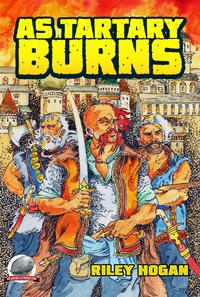
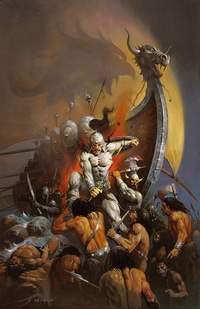
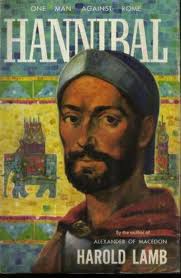 In
In 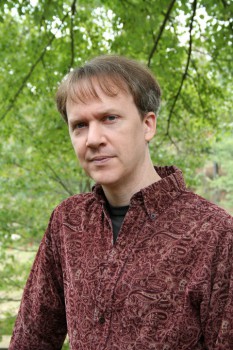 The great thing about interviewing
The great thing about interviewing